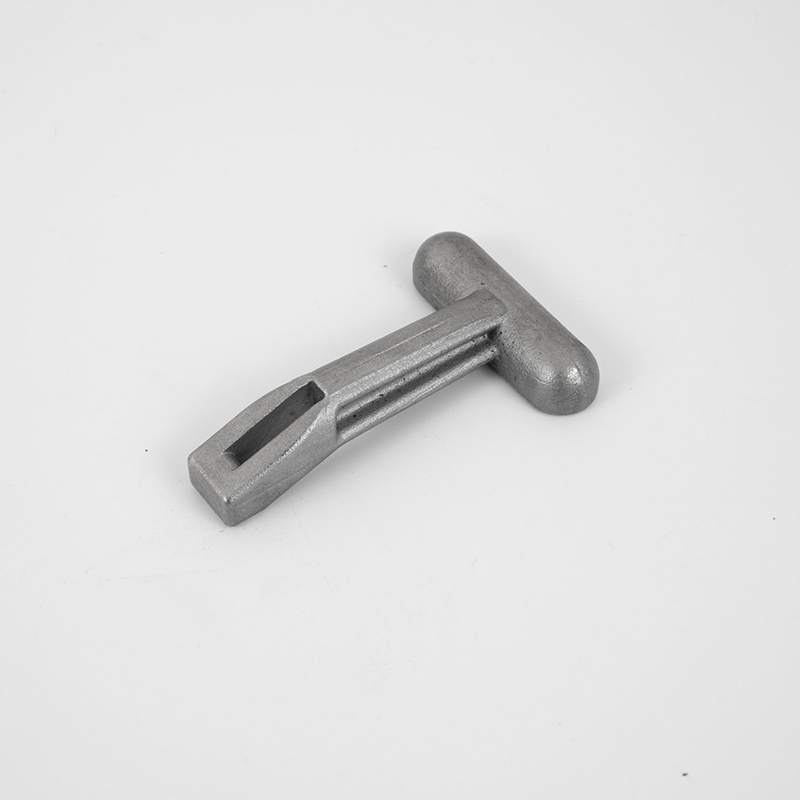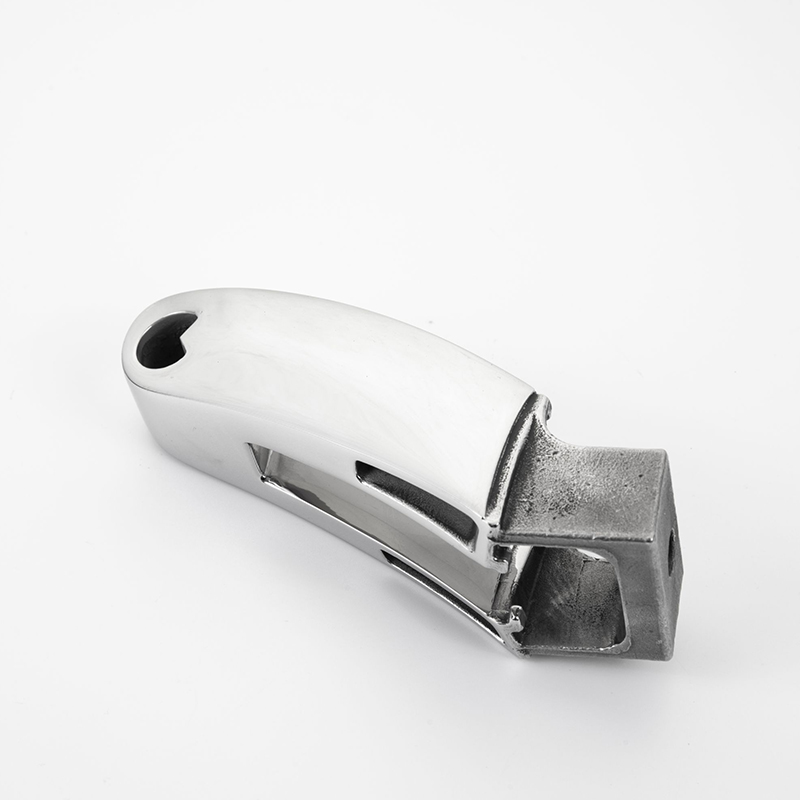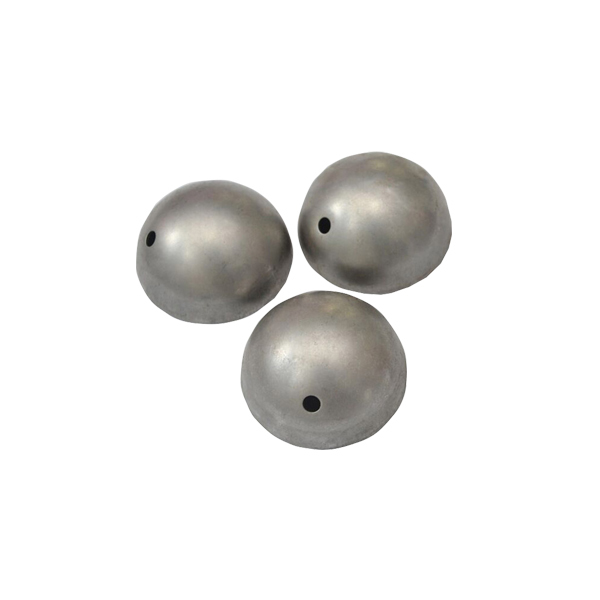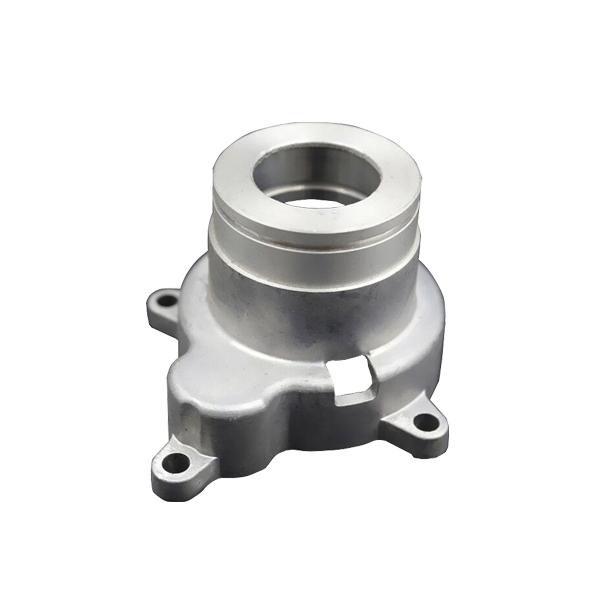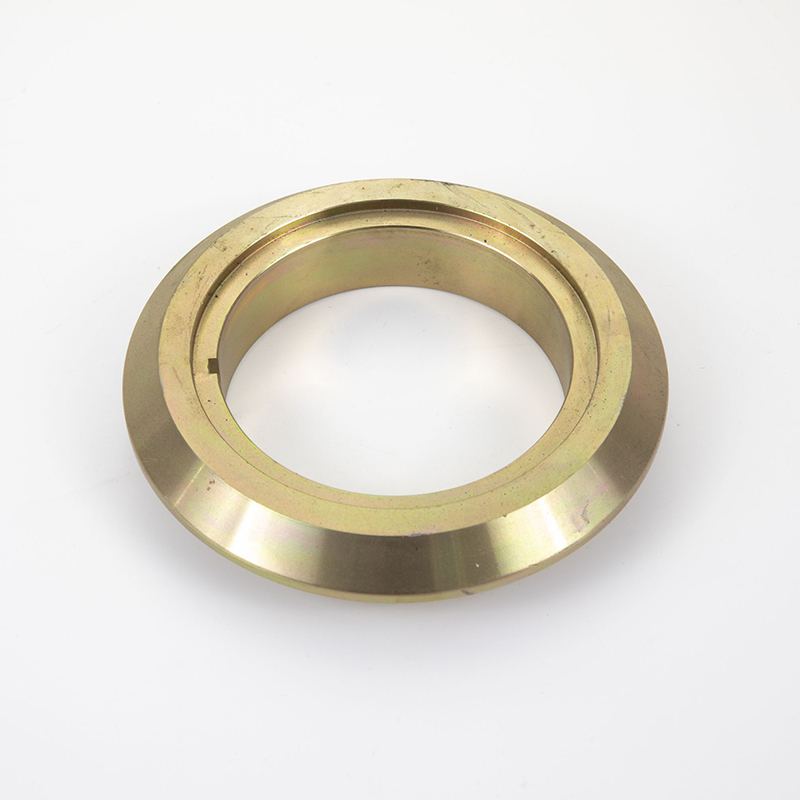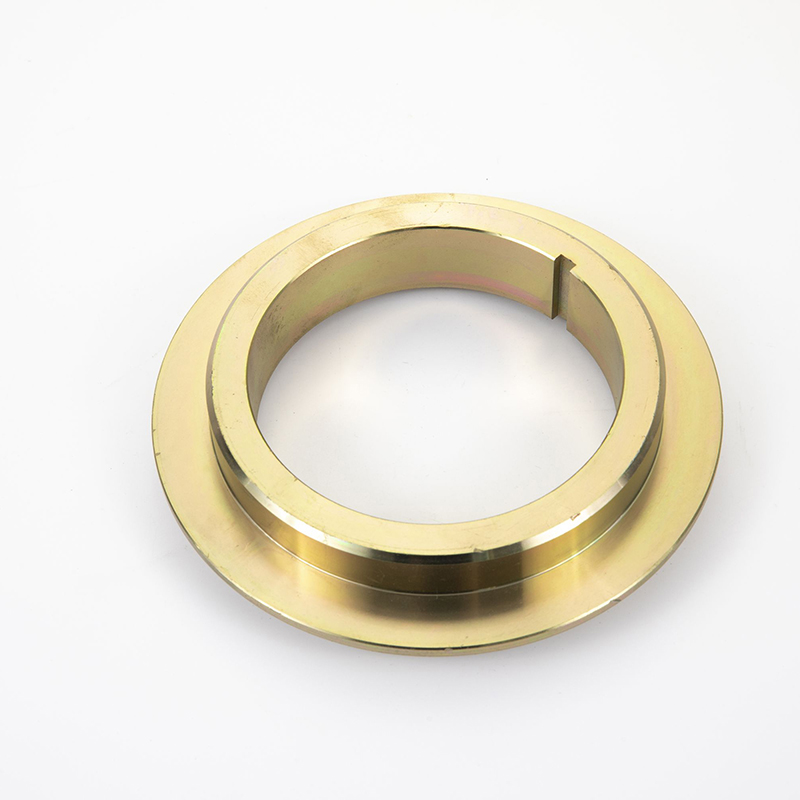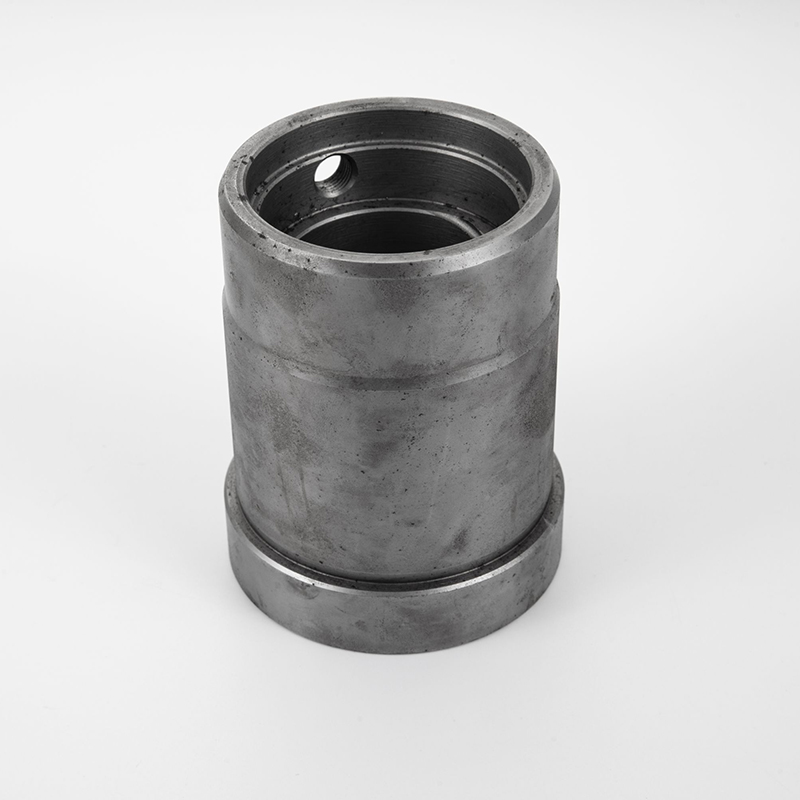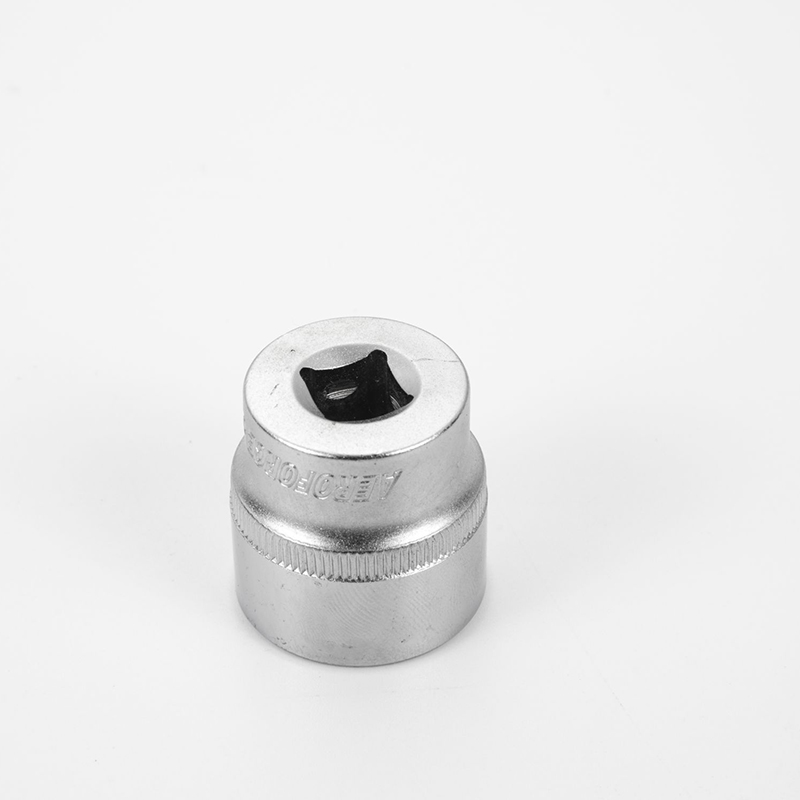Products
Metal Precision Machining
The following is the introduction of high quality Metal Precision Machining, hoping to help you better understand Metal Precision Machining. Welcome new and old customers to continue to cooperate with us to create a better future!Metal precision machining is a manufacturing process that involves cutting and shaping metal parts to achieve precise dimensions, tight tolerances, and high-quality finishes. The process uses advanced CNC (Computer Numerical Control) machines that remove metal material from the workpiece to create complex parts with accurate specifications.
Send Inquiry
Product Description
What is Metal Precision Machining?
Metal precision machining is a manufacturing process that uses advanced machining tools to create precise and accurate metal parts according to the desired specifications. In metal precision machining, computer-controlled machines are used to remove metal material from the workpiece to create complex parts with tight tolerances and high-quality finishes.
Typically, the metal precision machining process involves several steps, which include:
Designing the part: The part's design is created using computer aided design software (CAD) to specify the required dimensions, shapes, and features.
Material selection: The metal for the part is selected based on its properties and suitability for the intended application.
Setting up the CNC machine: The CNC (Computer Numerical Control) machine is programmed with the part's design specifications, and the metal workpiece is mounted in the machine.
Machining the workpiece: The CNC machine precisely cuts and removes material from the workpiece to create the part according to the design's specifications.
Finishing and quality control: Once the metal workpiece has been machined, it can be finished with additional processes such as polishing, coating, and surface treatments to achieve the desired surface finish. The finished component is inspected to ensure it meets the required specifications and quality standards.
Metal precision machining is widely used across various industries, including aerospace, automotive, medical, and electronics, to produce high-quality precision parts with complex shapes and tight tolerances.
In summary, metal precision machining is a highly versatile and precise manufacturing process that leverages advanced computer-controlled machining tools to create precise and accurate metal parts with tight tolerances and high-quality finishes.
Typically, the metal precision machining process involves several steps, which include:
Designing the part: The part's design is created using computer aided design software (CAD) to specify the required dimensions, shapes, and features.
Material selection: The metal for the part is selected based on its properties and suitability for the intended application.
Setting up the CNC machine: The CNC (Computer Numerical Control) machine is programmed with the part's design specifications, and the metal workpiece is mounted in the machine.
Machining the workpiece: The CNC machine precisely cuts and removes material from the workpiece to create the part according to the design's specifications.
Finishing and quality control: Once the metal workpiece has been machined, it can be finished with additional processes such as polishing, coating, and surface treatments to achieve the desired surface finish. The finished component is inspected to ensure it meets the required specifications and quality standards.
Metal precision machining is widely used across various industries, including aerospace, automotive, medical, and electronics, to produce high-quality precision parts with complex shapes and tight tolerances.
In summary, metal precision machining is a highly versatile and precise manufacturing process that leverages advanced computer-controlled machining tools to create precise and accurate metal parts with tight tolerances and high-quality finishes.
Why is it Called Metal Precision Machining?
Metal Precision Machining refers to the process of using machines and tools to create precise shapes and dimensions in metal components. This is done through the use of various techniques such as cutting, drilling, turning, milling and grinding. The term "precision" is used to describe the high level of accuracy that is required in producing metal parts with intricate geometries and extremely tight tolerances. The use of specialized machines, tools, and techniques enables manufacturers to produce complex metal parts that are essential to a wide range of industries, including aerospace, automotive, medical, and electronics, among others.
What is the Metal Precision Machining Process?
The process of metal precision machining typically begins with a design for a metal component or part. This design is then translated into a set of instructions that direct the machines and tools used in the machining process. The metal component is then placed into a machine that is programmed to perform specific operations on the metal.
The first step in metal precision machining is typically to remove any excess material from the metal blank, a process referred to as roughing. This might be done using techniques like drilling, grinding, or milling. Once the basic shape of the part has been established, the machine begins to refine its shape and dimensions, using tools like lathes, mills, and grinders.
During the machining process, the metal component is held in place by various clamps and fixtures, which are designed to ensure that the part remains stable and precisely positioned. Final touches might be added to the part through various finishing techniques such as polishing, sanding, and coating.
Metal precision machining requires a high level of expertise and specialized equipment to ensure that the finished product meets exacting standards of accuracy and quality.
The first step in metal precision machining is typically to remove any excess material from the metal blank, a process referred to as roughing. This might be done using techniques like drilling, grinding, or milling. Once the basic shape of the part has been established, the machine begins to refine its shape and dimensions, using tools like lathes, mills, and grinders.
During the machining process, the metal component is held in place by various clamps and fixtures, which are designed to ensure that the part remains stable and precisely positioned. Final touches might be added to the part through various finishing techniques such as polishing, sanding, and coating.
Metal precision machining requires a high level of expertise and specialized equipment to ensure that the finished product meets exacting standards of accuracy and quality.
What Materials can be Metal Precision Machining?
A wide range of materials can be used in metal precision machining, including:
Metals: This category includes a variety of metals such as aluminum, brass, bronze, copper, steel, titanium, and various alloys.
Plastics: Plastics like PVC, nylon, polycarbonate, and Acetal are commonly used in metal precision machining.
Ceramics: Ceramics such as zirconium and alumina are regularly machined using precision processes.
Composites: Composite materials made from a combination of materials such as carbon fiber and glass fibers, and epoxy resins are also used in metal precision machining.
Each of these materials has its own unique properties, strengths, and weaknesses, and requires specific machining techniques. Skilled machinists will work with your preferred material or the material that best suits your application to produce a high-quality, precise component that meets your specific needs.
Metals: This category includes a variety of metals such as aluminum, brass, bronze, copper, steel, titanium, and various alloys.
Plastics: Plastics like PVC, nylon, polycarbonate, and Acetal are commonly used in metal precision machining.
Ceramics: Ceramics such as zirconium and alumina are regularly machined using precision processes.
Composites: Composite materials made from a combination of materials such as carbon fiber and glass fibers, and epoxy resins are also used in metal precision machining.
Each of these materials has its own unique properties, strengths, and weaknesses, and requires specific machining techniques. Skilled machinists will work with your preferred material or the material that best suits your application to produce a high-quality, precise component that meets your specific needs.
What is Metal Precision Machining Used For?
Metal precision machining is used to create intricate metal components with very high levels of accuracy and precision. These components are used in a wide range of industries, including:
Aerospace: The aerospace industry relies heavily on metal precision machining to create components for aircraft engines, control systems, landing gear, and other critical parts.
Automotive: The automotive industry uses metal precision machining to manufacture engine parts, suspensions, powertrains, and other critical components.
Medical: The medical industry uses metal precision machining to create complex medical devices such as surgical instruments, medical implants, and prosthetic devices.
Electronics: The electronics industry relies on metal precision machining to create components for electronic devices such as microprocessors, computer chips, and circuit boards.
Defense: The defense industry also uses metal precision machining to create a wide range of components for use in military vehicles, weapons systems, and other critical applications.
In general, metal precision machining is used in any application that requires high-quality, precisely engineered metal components with tight tolerances and strict specifications.
Aerospace: The aerospace industry relies heavily on metal precision machining to create components for aircraft engines, control systems, landing gear, and other critical parts.
Automotive: The automotive industry uses metal precision machining to manufacture engine parts, suspensions, powertrains, and other critical components.
Medical: The medical industry uses metal precision machining to create complex medical devices such as surgical instruments, medical implants, and prosthetic devices.
Electronics: The electronics industry relies on metal precision machining to create components for electronic devices such as microprocessors, computer chips, and circuit boards.
Defense: The defense industry also uses metal precision machining to create a wide range of components for use in military vehicles, weapons systems, and other critical applications.
In general, metal precision machining is used in any application that requires high-quality, precisely engineered metal components with tight tolerances and strict specifications.
What are the benefits of Metal Precision Machining?
There are several benefits of metal precision machining, some of which include:
Accuracy and Precision: The most significant advantage of metal precision machining is the ability to produce highly accurate and precise parts and components. The tight tolerances achievable with this method enable the creation of complex and intricate geometries.
Versatility: Metal precision machining can be used with a wide range of materials, including metals, plastics, and composites. This versatility enables manufacturers to create highly customized and precise components with exacting standards.
Efficiency: The use of specialized machines and tools in metal precision machining allows manufacturers to produce parts quickly and with consistent quality. This can increase production efficiency and reduce lead times for complex, customized components.
Quality Control: The strict quality control processes involved in metal precision machining ensure that each component meets exacting standards and tolerances. This leads to more reliable and consistent parts that meet customer's specific needs.
Cost-Effectiveness: While initial setup costs for metal precision machining can be high, the precision and quality of the finished products can help to reduce overall costs in the long run. This is especially true for customized, low-volume parts that may not be cost-effective to produce using other methods.
Accuracy and Precision: The most significant advantage of metal precision machining is the ability to produce highly accurate and precise parts and components. The tight tolerances achievable with this method enable the creation of complex and intricate geometries.
Versatility: Metal precision machining can be used with a wide range of materials, including metals, plastics, and composites. This versatility enables manufacturers to create highly customized and precise components with exacting standards.
Efficiency: The use of specialized machines and tools in metal precision machining allows manufacturers to produce parts quickly and with consistent quality. This can increase production efficiency and reduce lead times for complex, customized components.
Quality Control: The strict quality control processes involved in metal precision machining ensure that each component meets exacting standards and tolerances. This leads to more reliable and consistent parts that meet customer's specific needs.
Cost-Effectiveness: While initial setup costs for metal precision machining can be high, the precision and quality of the finished products can help to reduce overall costs in the long run. This is especially true for customized, low-volume parts that may not be cost-effective to produce using other methods.
Product details


Hot Tags: Metal Precision Machining, China, Manufacturer, Supplier, Factory, Customized, Made in China
Related Category
Investment Casting
Shell Mold Sand Casting
Lost Foam Casting
Water Glass Casting
Lost Wax Casting
Die Casting
Precision Machining
CNC Machining
Turning Machining
Machining Workshop
Send Inquiry
Please Feel free to give your inquiry in the form below. We will reply you in 24 hours.
